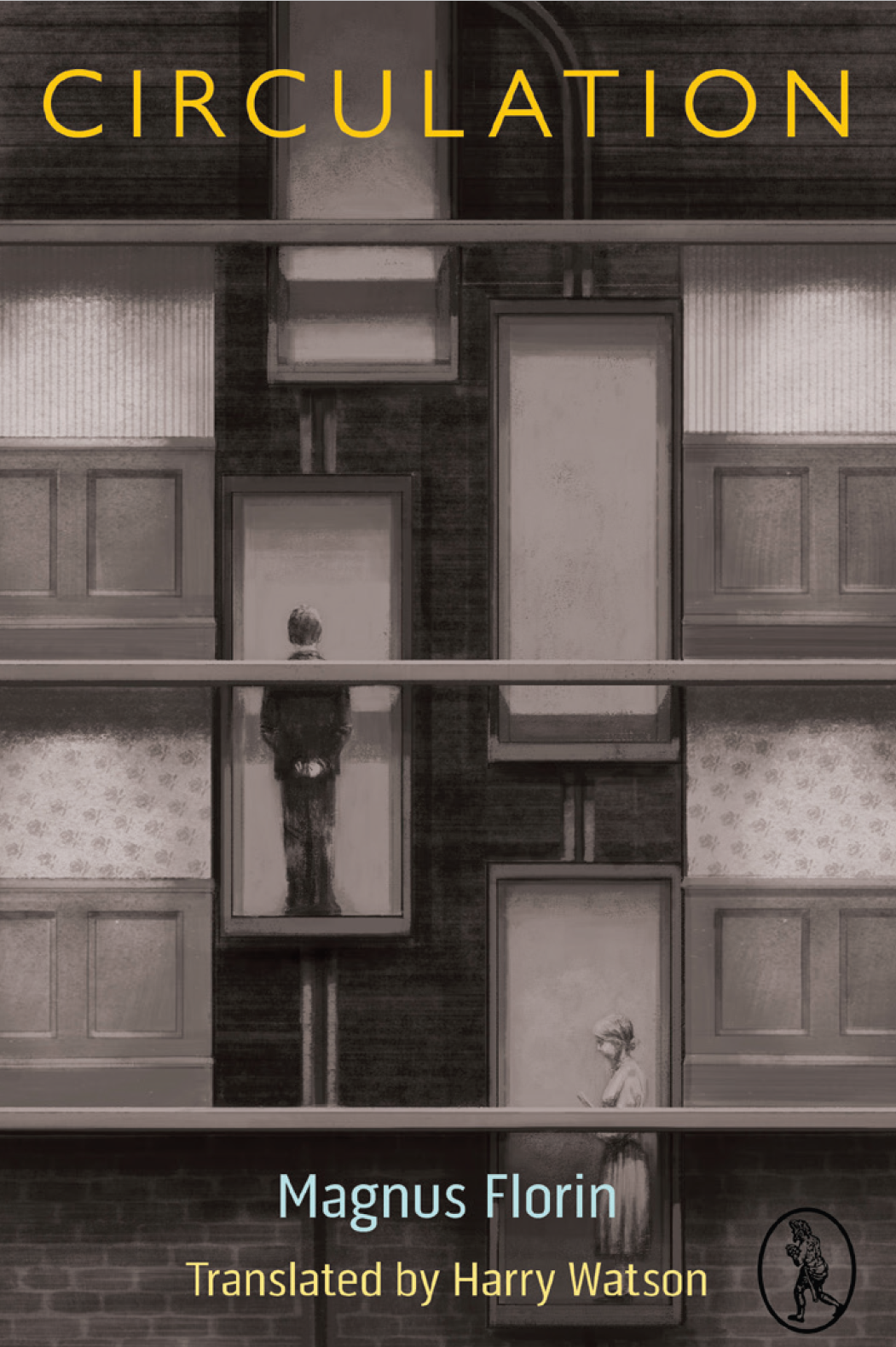18
18
18
by Pauls Bankovskis
translated from Latvian by Ieva Lešinska
Pages: 186
ISBN: 978-1-908251-78-7
Dimensions: 210 x 140 mm
Publication: 26 September 2017
Whilst visiting their holiday home in the country, a family discovers a digital camera in the pocket of their grandfather’s overcoat. As their grandfather was well past taking photos or even travelling to the country at the time digital cameras became available, its presence in his pocket, stored in an old leather case no less, is mysterious – almost as mysterious as the images on the camera: pictures that he couldn’t possibly have taken; pictures of the country home from impossible angles, all of which seem to contain blurry, illuminated suggestions of a humanoid shape.
Nearly a century earlier, amidst the chaos wrought by the Russian Revolution, a Latvian soldier deserts his post and travels the country by foot, recording his many strange experiences in a small journal that he keeps hidden in his boot. His encounters with various characters lead him to develop theories on space, time, freedom, and what it means to be human. He wonders, what if time is layered, like a stack of pancakes? And what if a tree, with roots and branches that grow expansively in every direction, in fact enjoys an ideal, perfectly balanced sort of freedom?
The backdrop of this novel is a pivotal moment in Latvian history, however, its scope is much broader. Bankovskis’s story presents a wonderful exploration of what it means to be human, and the ways in which civilisation’s many products can alienate us from the natural world and from ourselves, and simultaneously drive us back into nature’s embrace.
More from Pauls Bankovskis
Our Think in Translation project aims to explore translation from various angles with the goal of making translated works more accessible. The following video and article are included in this project. To learn more about Think in Translation, click here.
"Trees Speak"
In this blog post Pauls Bankovskis explores the role the forest has played in shaping the way he uses language and the way he thinks. This article was originally written in Latvian and has been translated into English by Ieva Lešinska. Read the full post →








